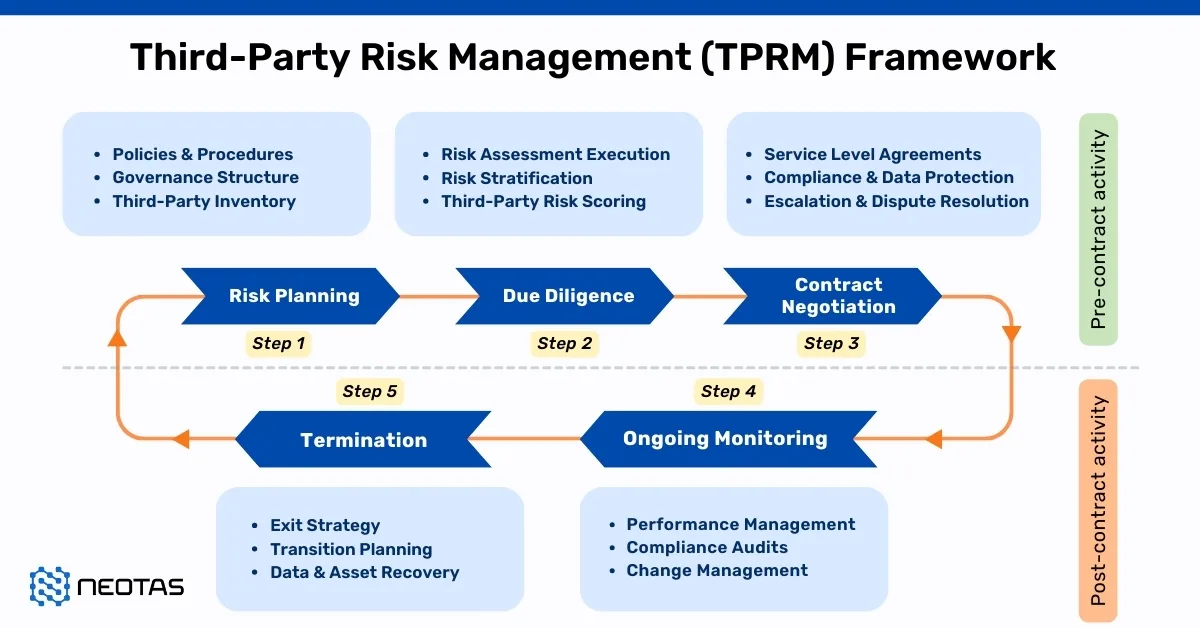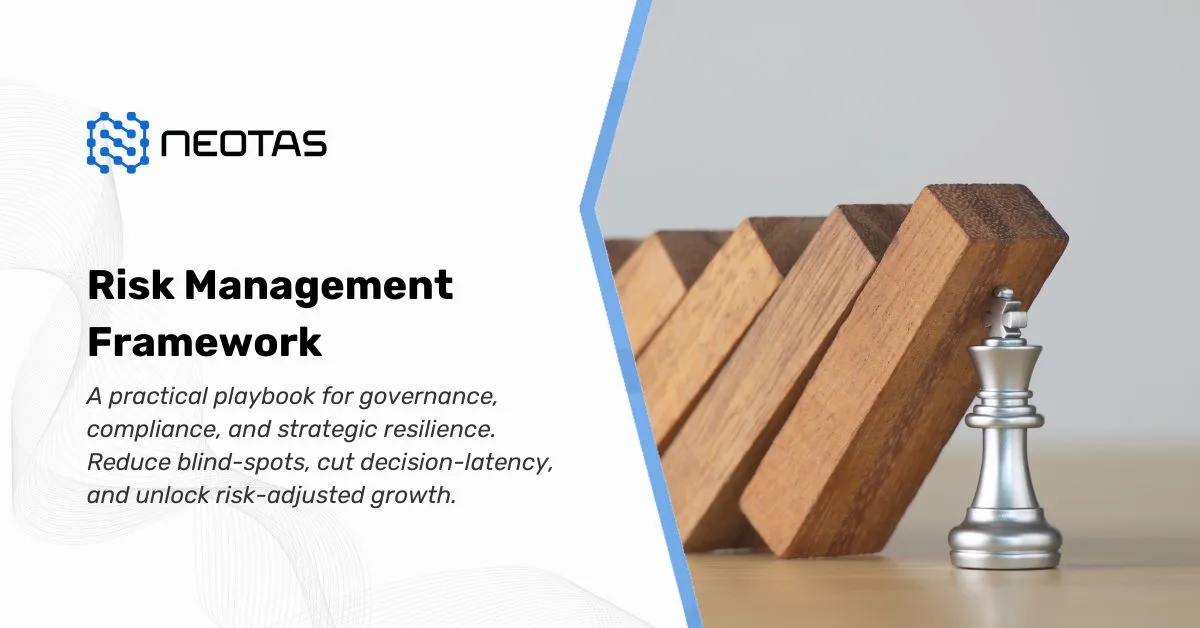Public Faux Pas
One of the longest standing traditions in British politics is public faux pas, often in the form of controversial, ignorant or downright outrageous statements made by Members of Parliament. In the past, apart from the most egregious of quotes, MPs only had to survive the embarrassment of the weekly news cycle before their misstep faded from memory. Before the advent of social media, many of these comments probably never even saw the light of day. They could be made offhand without the worry of ever coming back to haunt them in the future.
Then along came Twitter. Politicians jumped at the chance to create a social media presence and tweet their thoughts and opinions to the world. Twitter was a perfect platform to bounce policy ideas off of the general public and get in plenty of political point scoring at the same time. Unfortunately for them, every terrible or ridiculous tweet was now a fixture in their profile’s history, publicly available for anyone to view, no matter how long ago it was posted.
In the last week alone, several politicians who have recently increased their political prominence have fallen afoul of old tweets resurfacing into the public spotlight. Brand new political party, Change UK, has seen two of its European Parliament candidates face intense scrutiny.
Within hours of Ali Sadjady’s unveiling as a candidate, an offensive tweet from November 2017 was uncovered, in which he commented on ‘Romanian pickpockets’. He has already resigned. Joseph Russo had only been Change UK’s lead candidate in Scotland for 24 hours when several offensive tweets from 2012 re-surfaced and started to do the rounds. He has also stepped down.
Whilst social media has become an invaluable part of modern politics, it has opened up a whole new avenue of potential pitfalls. It’s more important than ever for MPs, and others in the public spotlight, to be aware of their online reputation, the permanence of what they share online and how it can have serious repercussions on their professional image. A proactive attitude by political parties towards online reputation screening and social media checks could have mitigated their risk from the outset and saved the fall-out in the press.



 New Whitepaper and Checklist
New Whitepaper and Checklist
























